Red meat consumers are demanding ever-greater sustainability in their food choices. That comes with a financial cost. How can producers earn more to cover these new costs? This webinar explored how the New Zealand red meat sector is winning the ‘green premium’ by working with suppliers, communities, retailers and consumers to find greater value – and then re-investing that premium in sustainable production.
This webinar was held on Tuesday 21 March 2023, featuring:
- Michael Wan, Beef + Lamb NZ
- Mandy Bell, Criffell Station and DINZ
- Prof Paul Dalziel, Agribusiness & Economic Research Unit
- Vincent Heeringa, MC
Watch the webinar for insights from leaders in the red meat sector, such as the need to stay connected to consumers at a very local scale.
“That research said the Taste Pure Nature brand – associated with the story that we tell, that was visible on pack and people understood it – the price expectation of that product would increase by 33%.”
Michael Wan, Beef + Lamb NZ
A consumer focus is crucial
“Showing up in market, talking to your consumer in a way that they value and they find meaningful is really important – and staying connected with them,” says Michael Wan, global manager of the New Zealand Red Meat Story for Beef + Lamb NZ.
“It's not a static thing, right? Everyone's flooded with media or influence, everyone is learning all the time. And so they're changing their behaviours, changing their thinking and what's important to them. So now it's really important that you stay connected and on top of and in front of, actually, what consumers or your target consumer really values and what's important to them.”
The marketplace is very crowded with suppliers making similar claims, says Professor Paul Dalziel, deputy director of Lincoln University's Agribusiness & Economic Research Unit.
“We are having to work much harder to profile the quality of the products that we are producing.”
Professor Paul Dalziel, deputy director of Lincoln University's Agribusiness & Economic Research Unit.
“We are becoming much, much more sophisticated at the industry level of collaborating to identify market segments and how to reach out to them using language they will understand, using images they all understand to make that connection between producers and New Zealand and consumers all around the world,” says Prof Dalziel.
“There are some consumers for whom the New Zealand story, and the materials that we are producing to support the New Zealand narrative, really resonate. And when we strike gold, it is a win-win for the consumer, for the producer, and for the whole value chain in between.”
Value is co-created with marketing pros
While there is no value without outstanding product quality, Dalziel credits the work of marketing professionals as being key to co-creating value, while recognising the role has often been minimised by the sector compared to the work of the farmer, and treated with some suspicion or disdain.
“I think we now realise that in a congested marketplace, those marketing skills are just as important as the ability to look after the soil, the ability to manage waterways, looking after your animals… You know, all of those skills are as part of the value chain as the person who knows how to use just the right language to appeal to the emotional reaction of the consumer looking for quality food that we're producing from this country.”
The potential for agritourism to support such marketing efforts and as a secondary income stream was discussed by deer farmer Mandy Bell, chair of Dairy Industry NZ and WAI Wanaka, and who prior to Covid-19 hosted up to 20,000 tourists on her farm each year.
“For those of us living behind the farm gate, we relish the opportunity to connect with international visitors and ideally to influence their thinking, create emotional connections with what's happening here on the land and with the food that we produce. They go home and they're converted people and they want to eat venison every week and red meat from New Zealand.”
Innovation and market access
There was also some discussion of what the future holds.
“What we're increasingly seeing is that new trade agreements, or those that are coming up for renegotiation, are starting to have a big focus on sustainable aspects and criteria in order to have market access or to maintain market access,” says Michael Wan, global manager of the New Zealand Red Meat Story for Beef + Lamb NZ.
“We've got to think about the premium not just as obtaining more money for the products we produce, to offset cost, it actually is enabling us to have ongoing sustainable market access in order to sell our products into some countries.”
“I wouldn't put it past us to have some kind of low-carbon claim at a national level potentially, that we could take to market to in some way satisfy these changing consumer behaviours and interests in the impact that food production has on the climate.”
This webinar was a partnership between The Value Project and NZTE, held on Tuesday 21 March, 9–10am. Watch the horticulture sector webinar here, and the beverage sector webinar here.
- For in-depth case studies visit, The Value Project website
- For academic outputs and context for this work, the Rewarding Sustainable Practices research page
- For support from NZTE, the Made With Care platform
- A range of additional resources related to increasing value
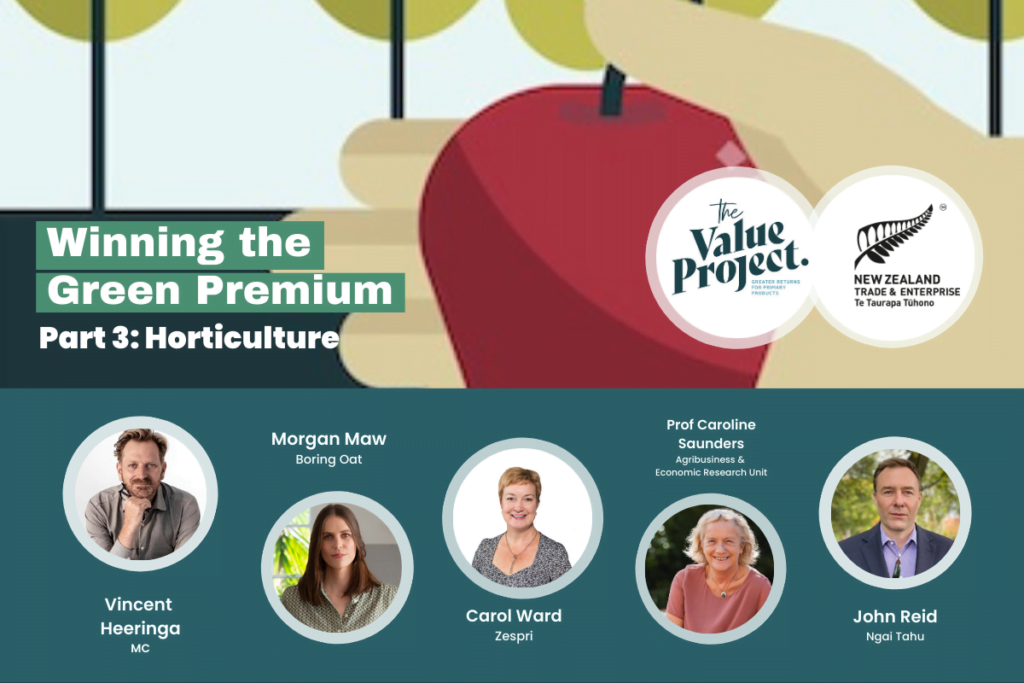
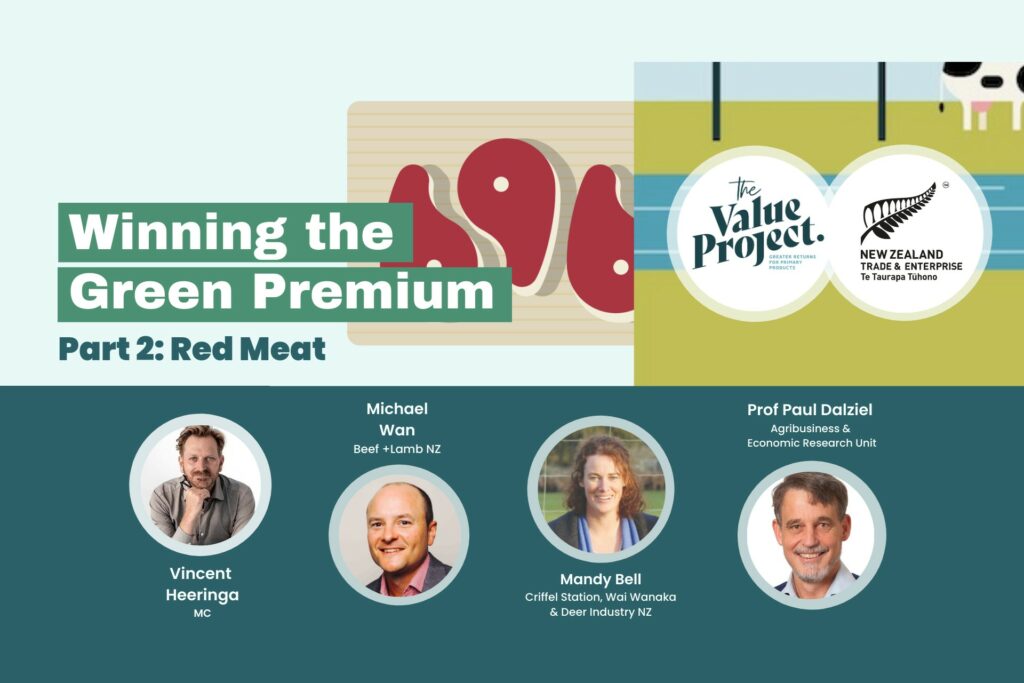
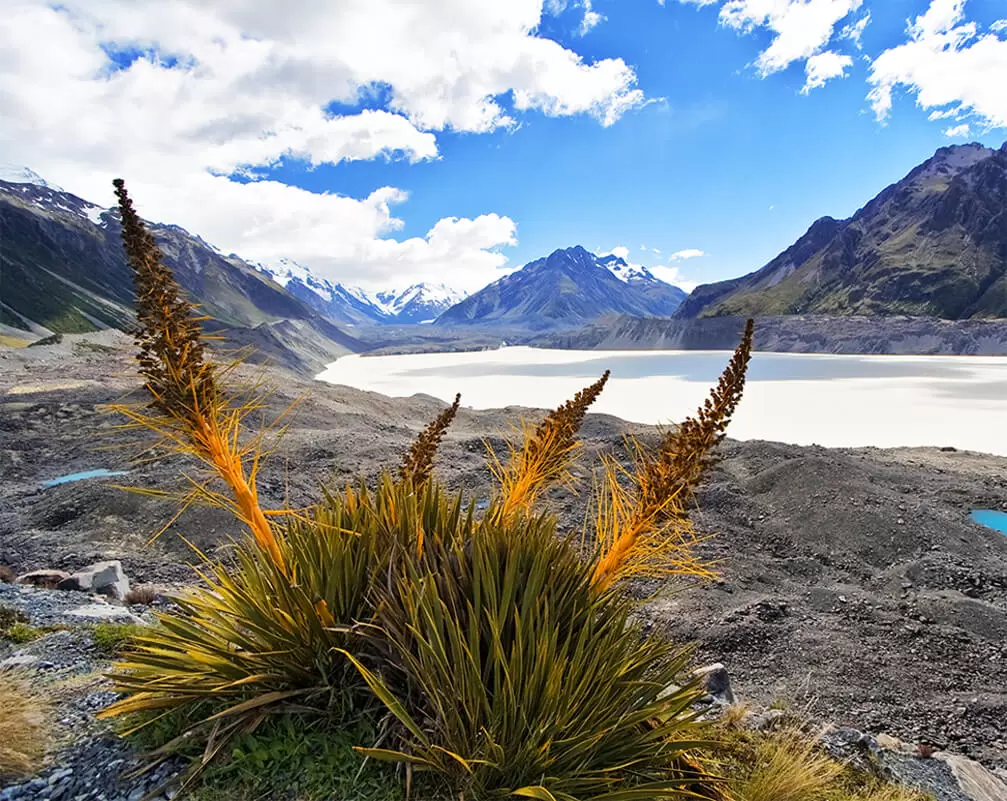
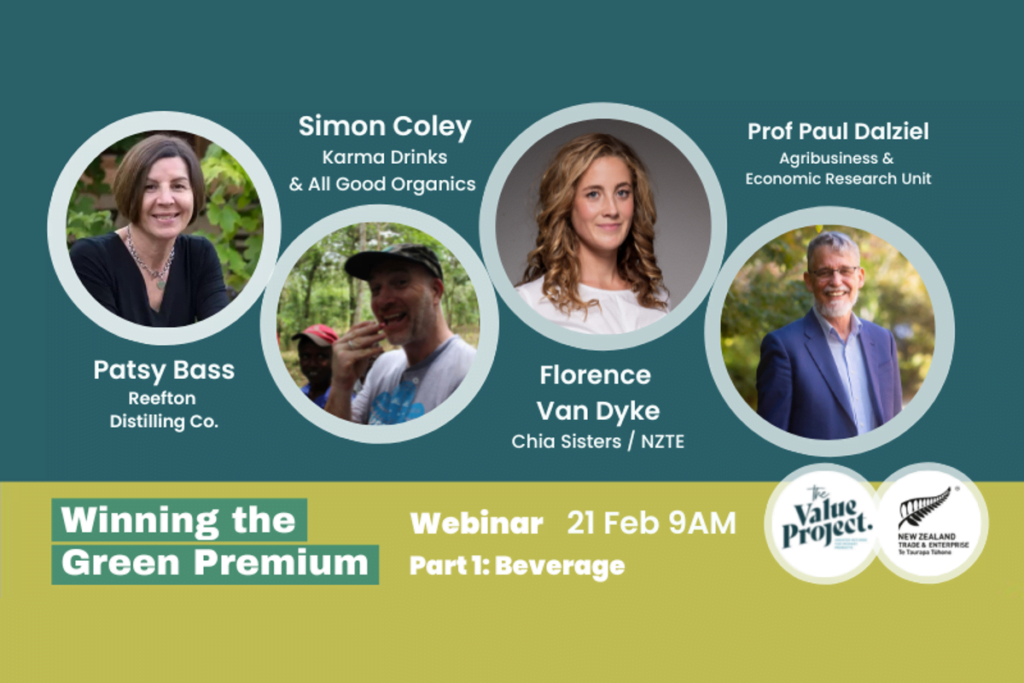
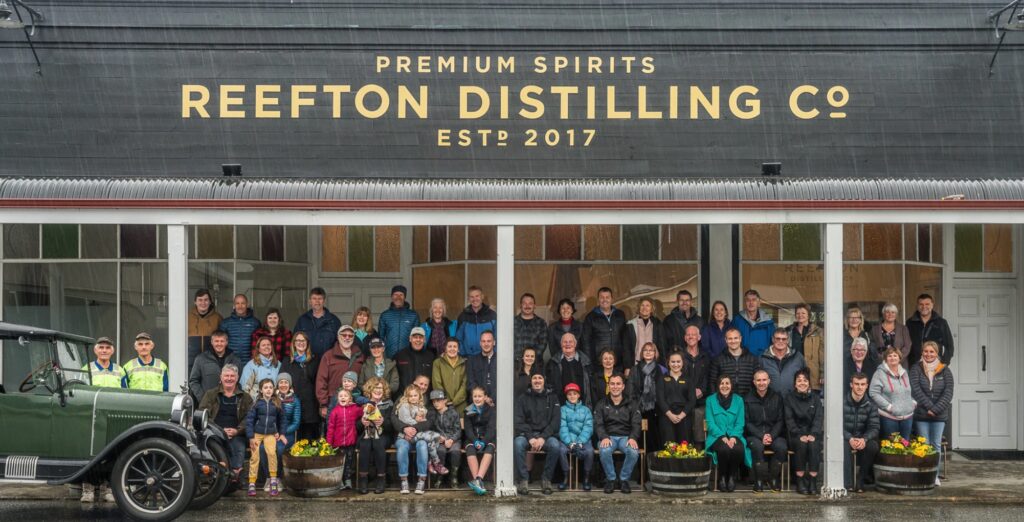
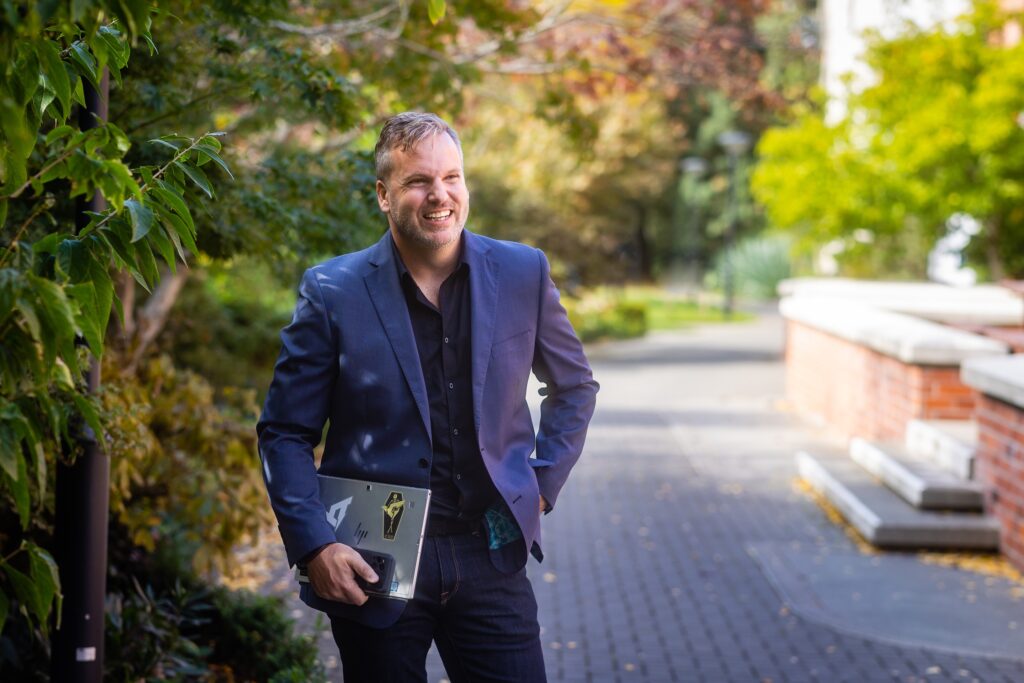
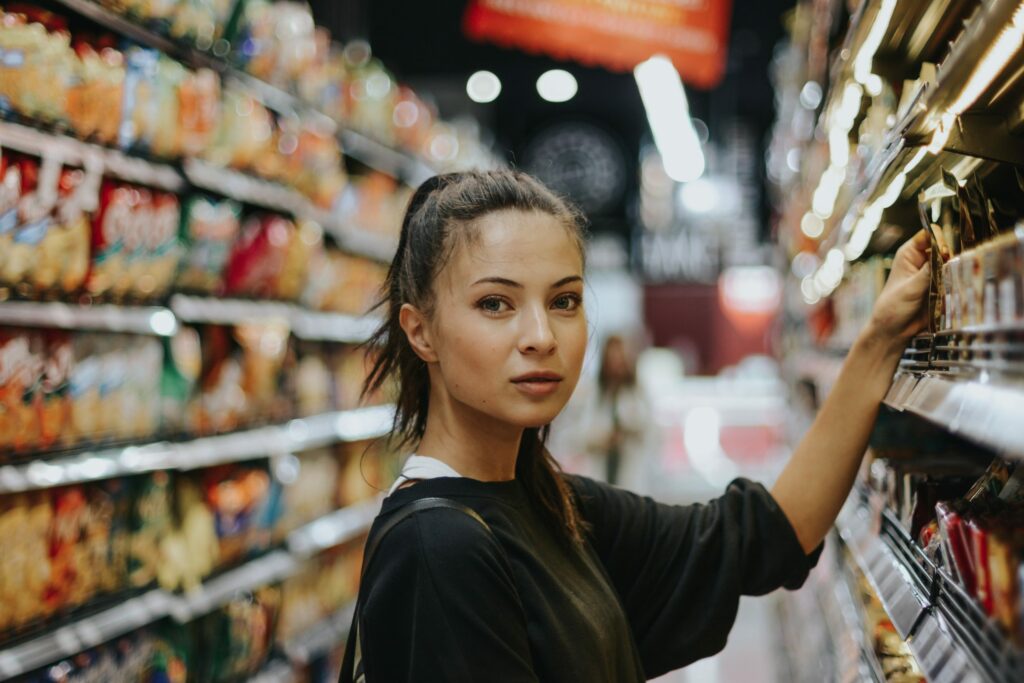
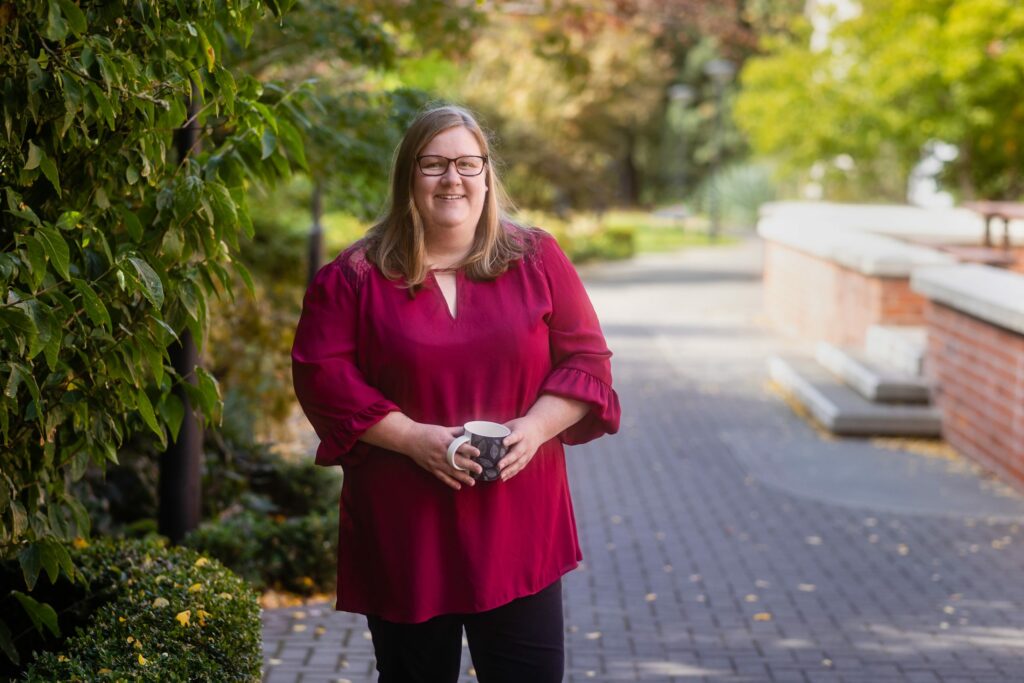
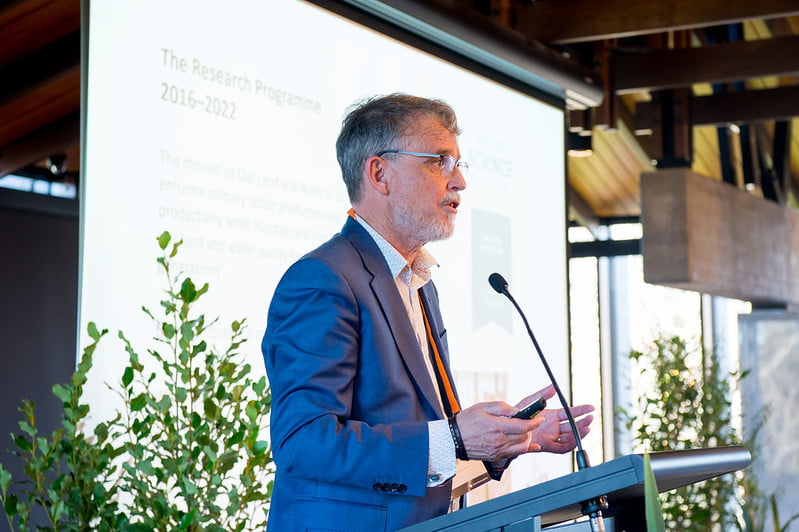
An instruction is not a plan: how to create value in the primary sector
Bill Kaye-Blake, principal economist with NZIER, reflects on 20 years of research into creating greater value in New Zealand’s primary sector. I’ve…